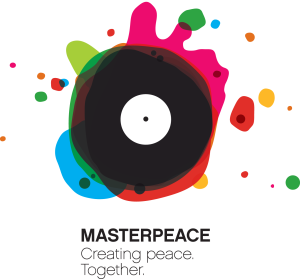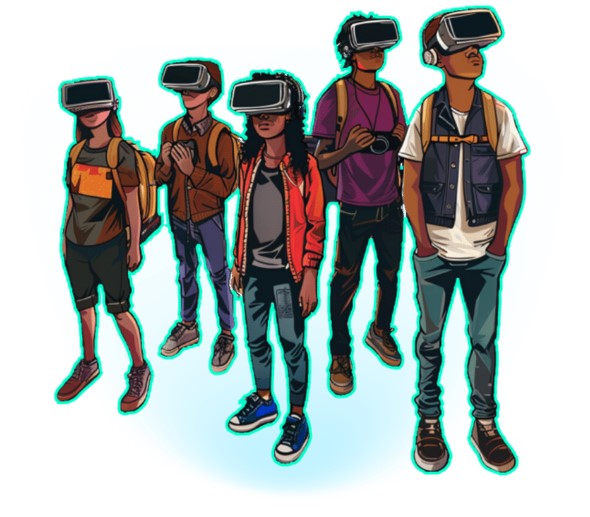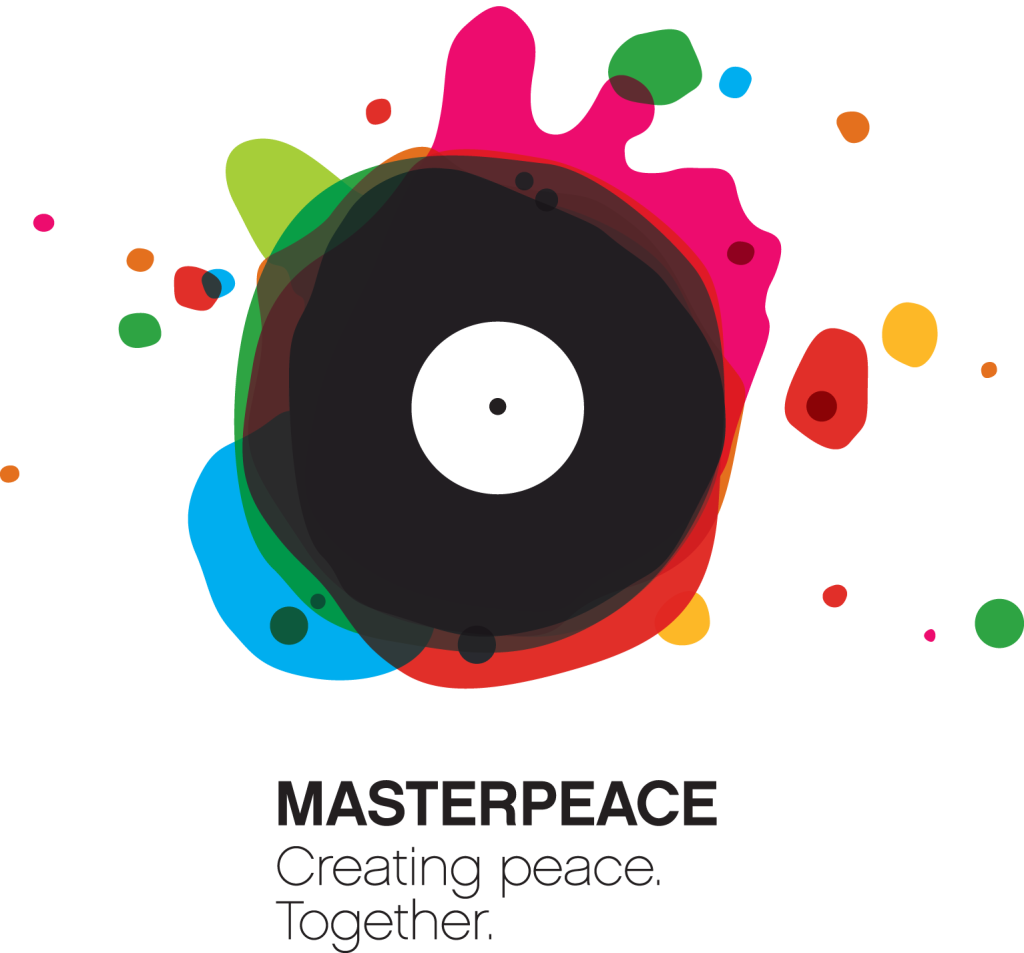MasterPeace Joins "Metaverse Learning Hub"

MasterPeace
We are proud to be invited by ERASMUS UNIVERSITEIT ROTTERDAM; www.eur.nl to join a consortium of 7 organizations to develop and test the “Metaverse Learning Hub. Developing youth’s human and digital skills through gamification & immersive learning experiences” https://www.metaverselearninghub.eu/
We co-create with friends of Erasmus University with proven expertise: STIMMULI FOR SOCIAL CHANGE: www.stimmuli.eu; Asociatia Copiii in Sanul Familiei; http://friendsofchildreninromania.org/; OFENSIVA TINERILOR ASOCIATIA: www.ofetin.ro; FUNDACJA INSTYTUT EUROPEJSKI: http://instytuteuropejski.pl/; Stowarzyszenie Inicjatyw Regionalnych: sir.edu.pl ; Meta-Skills BV; https://www.meta-skills.io/


This 24-month project addresses various:
a) Youth workers who help at-risk young people often lack good opportunities to learn and grow in their roles. They want to make their communities more inclusive, but it’s tough
- Our Project Result gives them useful guidance and resources to improve their work. Youth workers are important because they can spot and help young people who are left out or struggling. But sometimes it’s hard for them to figure out what works and what doesn’t. in focus groups, they shared the need for methods, activities, and resources which are accessible, not time-consuming to understand and implement, but also effective. This is why our consortium has different expertise (researchers, technology experts, education experts and youth associations) to tailor the outputs to their needs.
b) Our youth workers often volunteer and might not be experts in finding evidence-informed resources or activities to help young people. This is why they all said they want practical resources they can use right away.
- This is why our handbook won’t be just another textbook with information. It will be a practical guide that youth workers can use in their work. It will offer advice on different types of activities and ways to measure the impact of those activities.
c) The same goes for Young people (including young Ukrainian refugees) who are struggling and can’t find good resources and new ways to learn . We are fixing this by making high-quality tools for learning, both online and offline. These tools help young people with skills they need for both personal and professional development. Even though many people use computers and phones in Europe, some young people from poor families or with less education don’t get the help they need to learn computer skills We want to change that.
d) Our online platform will have activities that help young people learn, and we’ll make sure everyone can use them effectively through step-by-step guidance. Also, knowing how important communication is and working in a team (Cooney & Licciardi, 2019), PR 2 & 3 can help more young people get the skills they need. In many European countries, there is no focus on teaching essential skills to young people from disadvantaged backgrounds.
e) As we aim to drive transformation, we will share our recommendations with Policymakers who make decisions about how young people learn skills. Especially for young Ukrainian refugees, there aren’t many programs in most of the consortium countries despite the fact that they have accepted high numbers of refugees. Our project can help more young people in the same situation.
Our Scope
Specifically, we aim to take a holistic approach to supporting youth workers who educate disadvantaged youth & youth organizations to improve the quality of youth work. This will be achieved by providing youth workers with the necessary resources, frameworks, and good practices to implement in their teaching practice and by creating accessible and useful materials for all youth workers, particularly those working with disadvantaged youth (with few or no resources, excluded from society, unemployed, etc.) and refugees from Ukraine.
Our Methods
Our project also incorporates forward-thinking ideas in line with key European priorities such as digital readiness, resilience, and youth employability. We will involve our target groups in co-creating the project outcomes, using innovative methodologies such as design thinking and SCRUM. We will provide a variety of deliverables in both digital and physical formats, including online resources, infographics, frameworks, standards, immersive learning experiences, and a card game.
Our Practices
We will implement peer-to-peer learning under the guidance of experts and educational specialists and promote transnational cooperation among organizations of different types, locations, and sizes but with a shared vision and values on youth work. Furthermore, the project will ensure the transfer of innovation across countries through policy development and LTTA mobility in Romania, leading to sustainable exploitation of our project results at the EU level and their transferability to other contexts and audiences
MLH aims to design and develop evidence-informed guidance and supporting tools for youth workers and policymakers on the development of human skills for youth, aiming to enhance their development and employability.
Specifically, it aims:
- To provide youth workers with evidence-informed guidelines, which can be used with youth for the development of digital & human skills
- To provide youth workers with online & offline learning experiences for the development of digital & human skills of youth.
- To provide policymakers with standards & recommendations on how to integrate human & digital skills development as a priority in the existing strategies & policies for disadvantaged youth (with a focus on young refugees).
Expected results:
- Handbook with guidelines for youth workers on how to develop youth’s digital & human skills
- Creation of immersive learning experiences for the development of skills through the Metaverse
- Creation of a game on the development of human & digital skills
- Standards & recommendations for policymakers & youth organizations related to youth employability & development, with a focus on young refugees.
